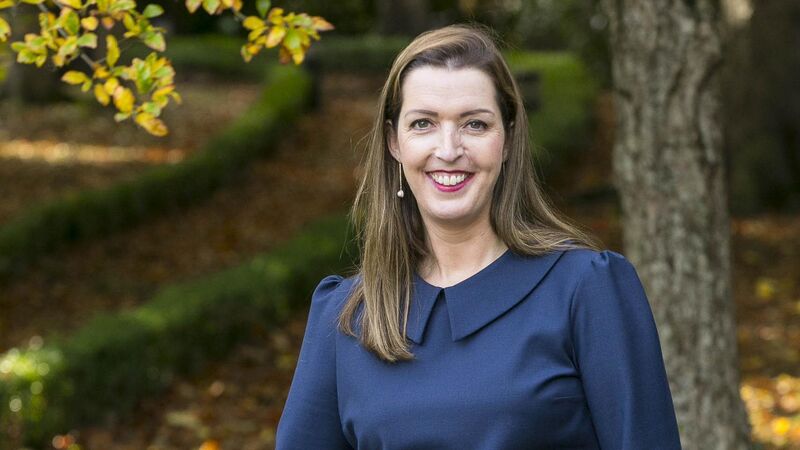Vicky Phelan: Timeline of key events in her cancer journey

Vicky Phelan at the launch of 221+ CervicalCheck support group in 2018. Picture: Paul Sherwood
The national cervical screening programme CervicalCheck is set up.
Try from €1.50 / week
SUBSCRIBE2008
The national cervical screening programme CervicalCheck is set up.
Already a subscriber? Sign in
You have reached your article limit.
Annual €130 €80
Best value
Monthly €12€6 / month
Introductory offers for new customers. Annual billed once for first year. Renews at €130. Monthly initial discount (first 3 months) billed monthly, then €12 a month. Ts&Cs apply.
CONNECT WITH US TODAY
Be the first to know the latest news and updates
Newsletter
The best food, health, entertainment and lifestyle content from the Irish Examiner, direct to your inbox.
Newsletter
The best food, health, entertainment and lifestyle content from the Irish Examiner, direct to your inbox.
© Examiner Echo Group Limited